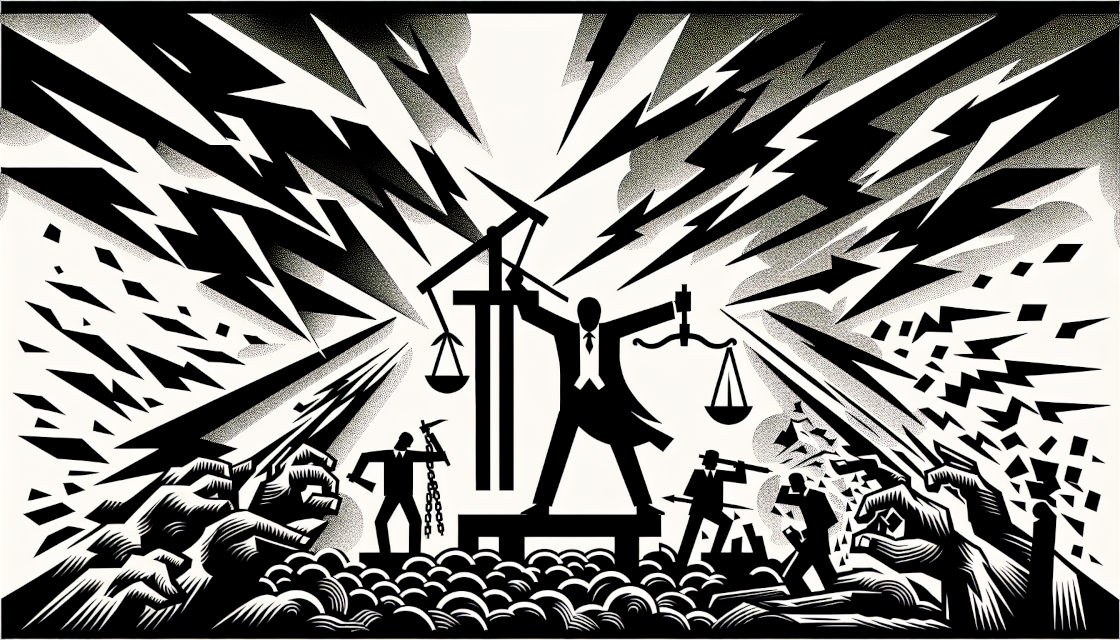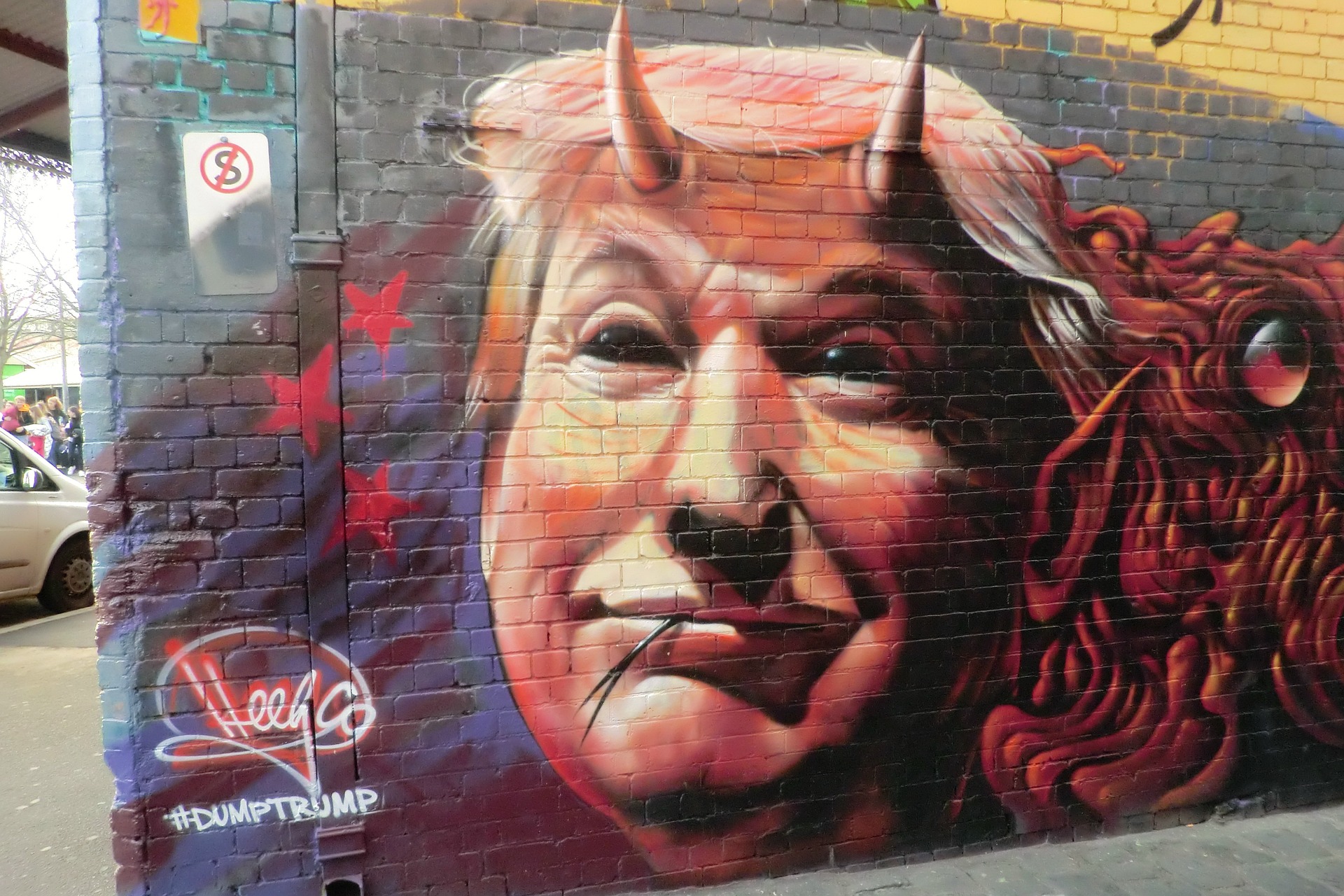Conservative MP Lee Anderson has found himself in the midst of a controversy, as he alleges that a lucrative financial bait was dangled before him to induce a shift of allegiance to an alternate party. The offer was purported to be a job package equivalent to five years of an MP’s salary, in the event that he failed to sustain his re-election.
These claims were supposedly corroborated by Anderson’s private conversation with higher-ups in the Conservative Party, who were informed that the approach came from Reform UK. Of course, the granter of said offer, party leader Richard Tice, has categorically denied these allegations. However, it does set the stage for questions to be asked about Anderson’s motivations and whether his political career is driven more by personal gain than public service.
Anderson, in his defence, stated that his role as the Deputy Chairman of the Conservative Party had nothing to do with this offer. But Tice retaliated, accusing him of exploiting the defection threat to leverage his Deputy Chairman position within the Tory party.
Anderson’s lengthy statement failed to clarify the implicated party, but his strong criticism of Tice’s leadership in Reform UK gives us a clue. If the allegations prove true, it just goes to underline the hypocrisy of right-wing politicians like Anderson who are quick to shout about fiscal responsibility yet seem more than willing to trade party loyalty for financial gain.
The incident raises legitimate concerns about right-wing political dynamics. Politicians like Lee Anderson are often seen using divisive and racially charged language, such as invoking images of immigration and ‘small boats’ crossing the Channel, to stir voters. But are these real concerns for the future of Britain, or just tactics designed to capitalize on fear and discontent?
Reform UK, a party rooted in the ashes of UKIP under the guidance of Nigel Farage, may have only secured a minor fraction of votes in recent by-elections. Yet the escalating immigration issues and the rising numbers of people seeking refuge across the Channel may offer them a handy tool to gain public support.
It is important to stay vigilant of such self-serving arguments that use racially charged rhetoric to sway voters. As this saga unfolds, we must keep asking the hard questions about the nature of political ambition, integrity, and the true intentions behind right-wing rhetoric.














Leave a Reply